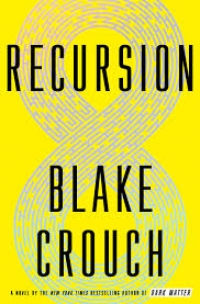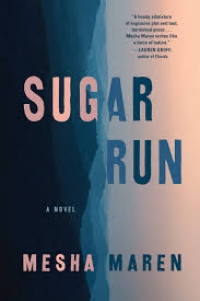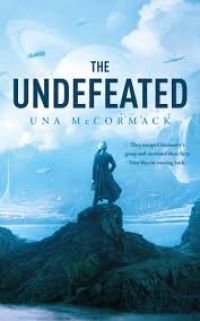Sing to It by Amy Hempel
 Wednesday, June 12, 2019 at 7:54AM
Wednesday, June 12, 2019 at 7:54AM 
Published by Scribner on March 26, 2019
Several of the stories in Sing to It are the shortest of short stories. Perhaps discerning readers will appreciate their depth of feeling or discern their hidden intent. Most of them left me cold. The title story, just a few sentences long, begins with “At the end, he said, No metaphors.” The story is, I guess, a metaphor, but not one that I grasped.
Amy Hempel’s style is to convey intense feelings using as few words as possible. That’ an admirable goal. When she uses too few words, however, I find myself missing all the rich flavor that she seems to have excised in order to get to the story’s core. I’m not sure that all of these stories are really stories at all, but I know that Hempel is popular in literary circles and that other readers are likely to disagree with me about the value of her brief glimpses of life.
As for the longer stories, I loved “A Full-Service Shelter,” which has the indirect storytelling feel of “The Things They Carried” in its heartbreaking description of how dogs perceived the volunteers at a humane society shelter. No dog lover could read the story without being moved.
The longest story, “Cloudland,” is told by a teacher who did cocaine with her students and moved to Florida to make a new life, although not the kind of life that depends on ambition. The protagonist has an abundance of random thoughts and memories and she isn’t shy about sharing them with the reader. Her most substantive memory is about giving up a child for adoption. “For safekeeping. For peace of mind.” Some of her current thoughts are fantasies about seeing or spending time with her daughter; others are about the emptiness she feels. In contrast with Hempel’s other stories, “Cloudland” might have been told more powerfully with fewer words.
The women in these stories are not living happy lives. The narrator of “The Chicane” tells the story of an an American woman who got pregnant by a French actor, then married a guy from Portugal and labored to turn him into an American after she got pregnant again. Neither relationship works out well for her. “Greed” is narrated by a destructive woman whose husband has an affair with an older woman. In “The Correct Grip,” a woman who was attacked by a man with a knife chats amiably with her attacker’s wife.
Only one of the stories in this collection appealed to me, so I cannot recommend the volume to readers who share my tastes. Your mileage may vary. Other than “A Full Service Shelter,” I was largely indifferent to the book’s contents. Even the stories with more substance, such as “Cloudland,” came across to me as pointless. Maybe pointlessness is the point, but it isn’t a point that makes me want to read story after story. The quality of Hempel’s prose, on the other hand, made the stories easy to read, even when I lost interest in the narrative.
RECOMMENDED WITH RESERVATIONS



